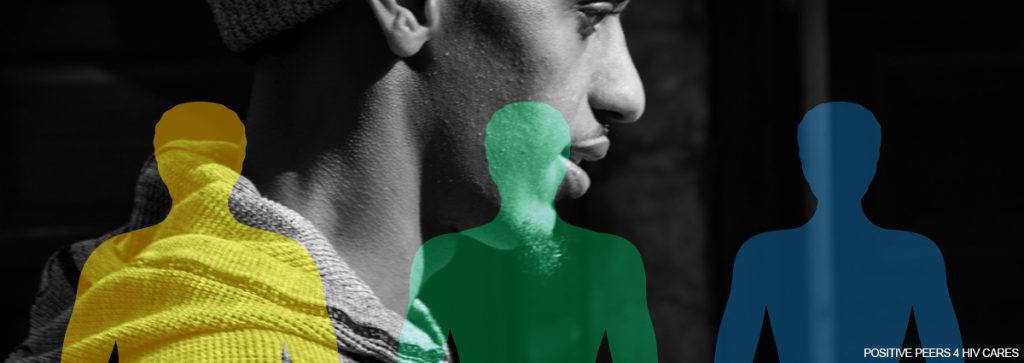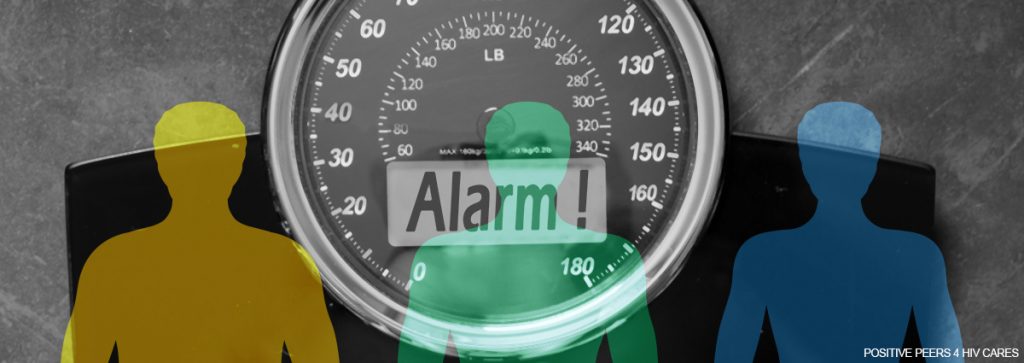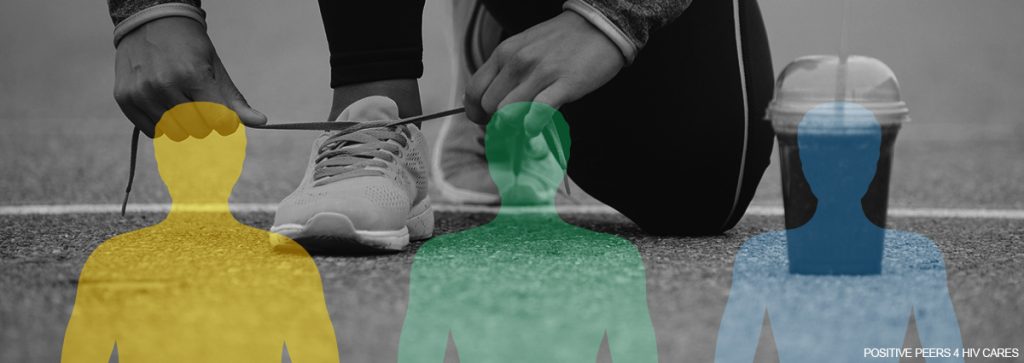
By: Ann K. Avery, MD, Infectious Disease Physician at MetroHealth Medical Center
In the past, many people living with HIV used to lose their appetite because the infection ruined their appetite. Now, some modern HIV meds can have a similar effect. For some people, certain HIV medications can dull the appetite, make food taste bad, or make it harder for the body to absorb nutrients.
Don’t get us wrong: It’s natural to lose your appetite now and then. And your weight will almost always bounce up and down by a few pounds.
But what if you’re not hungry for days or weeks at a time, or you’re losing weight without trying? These kinds of things might mean it’s worth a talk with your doctor.
Wait a minute: Isn’t losing weight a good thing?
…Not always. One sure sign of a serious loss of appetite is losing weight without trying. That might sound like great news if you’ve been fighting the battle of the tummy bulge, but trust the voice of experience: losing weight when you’re not trying to is like a fire alarm warning you that your body is out of whack.
A quick review of how your body works: eating food provides fuel for the body to break down and use as energy. Food provides the body with the energy it needs to do everything from keeping your heart beating to energy for lifting weights or walking upstairs. So even if you stop eating food, your body still needs fuel to properly function.
When the body runs out of food for fuel, it starts burning fat and muscle. This can leave you feeling tired or irritable. If you stop eating long enough, your major organs start breaking down (that’s called starvation, and that can lead to some irreversible damage).
Burning muscle is bad news because it’s hard to get it back after you lose it. Losing muscle can also make you more likely to have other injuries since your body doesn’t have all that muscular support to strengthen and protect itself.
How to ramp up your appetite
If side effects from HIV or from your meds are hurting your appetite, there are a few things you can do:
- Go for a walk before meals. Getting your blood pumping can boost your appetite; even just a little exercise can be helpful.
- Eat small meals every 2-3 hours.
- Drink some calories — milk, orange juice, and other nutritious drinks can get some fuel into your system.
- Avoid smoking — it’s an appetite killer.
When you’re living with HIV, your immune system needs all the help it can get. We know, we know… doctors can sound like a broken record reminding you to eat nutritious meals and get plenty of exercise. But that’s because it’s important — your body needs the right fuel in the right quantity to help your HIV meds do their job. Taking good care of yourself helps you stay feeling strong, healthy, and energized.
Come join our private, stigma-free, supportive community.
Health management tools with medication & appointment reminders.
Social networking in a community conversation & private chats.
Related Blogs:




